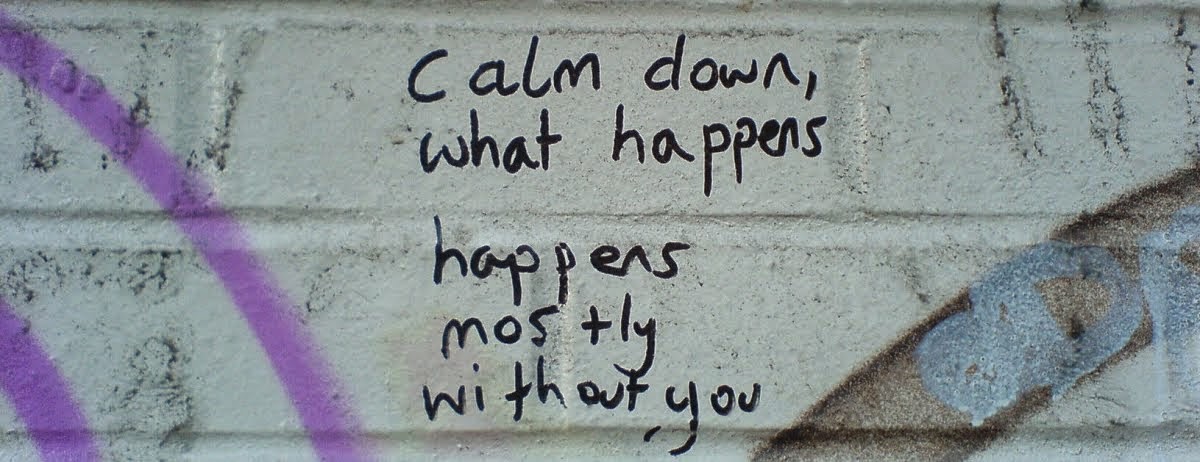Tedious though it sounds, the budget document is eloquent testimony to many aspects of Southern Sudan's current situation.
Projected 2009 revenue has been halved from 2008 levels: almost entirely a product of GoSS' extreme vulnerability to the plummeting price of oil (an incredible 93% of GoSS' $1.8bn-odd revenues comes from oil).
As in previous years, nearly 30% of all spending goes on the army (and that's not counting off-budget military spending, which is probably considerable). Spending on the SPLA is about the same as spending on education, health and infrastructure combined - in a country with near non-existent road, electricity and water supply networks; where only 16% of schools have permanent buildings; and where the last household survey found that maternal mortality rates were the highest in the world.[1] If the Southern Sudanese were hoping for a peace dividend after the 2005 peace agreement, they're clearly still waiting. Looking at the budget breakdown, this is probably not because of rapacious militarisation, but simply the massive burden of having to support a vast guerrilla army that's yet to be demobilised, and needs to be kept fed if southern Sudan is to avoid yet another civil war: 87% of declared SPLA spending in 2009 - nearly a quarter of the entire national budget - is going on soldiers' salaries (most of which, nonetheless, haven't been paid since mid-January). In fact, 48% of Southern Sudan's entire budget is spent on public or military salaries. In the absence of functioning social protection mechanisms, the entire government is acting as a massive social welfare machine.
The tiny details, though, are also eloquent. Take, for instance, this gem from page 340 (detailing capital spending estimates for the national Demobilisation, Disarmament and Reintegration Commission):
"28.2805: Furniture & General Equipment
1 Executive desk, 1 basic desk (for headquarters): 31,240 [Sudanese Pounds]"
That's about $15,000 for two, er, office desks. Looks like the DDR Commission is getting some nice desks.
***
[1] Granted, this ignores the significant funding to these sectors outside government revenue streams, from what has become, along with the rest of Sudan, probably the largest aid operation in the world.
